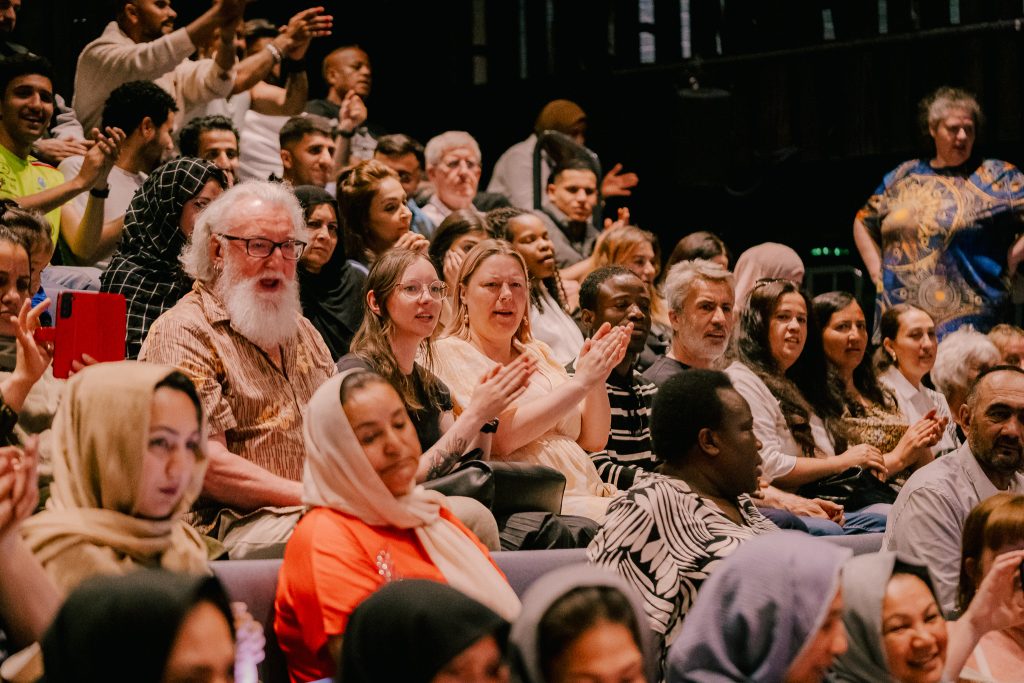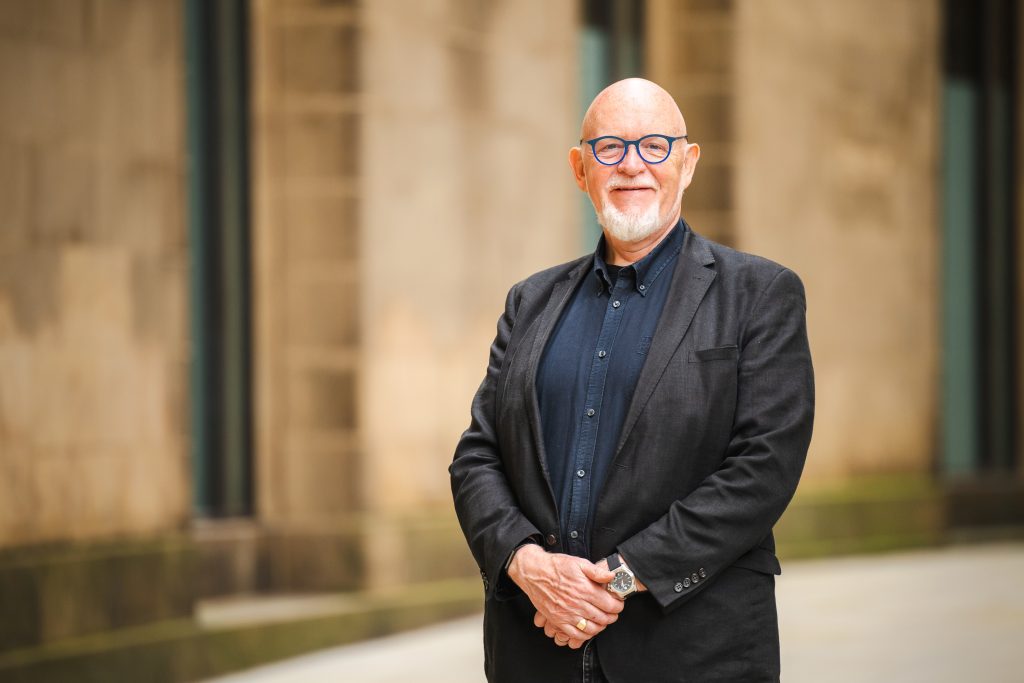Our Partners

Goldsmiths
In Autumn 2025, Future Arts Centres signed a Memorandum of Understanding with Goldsmiths, recognising shared priorities and a commitment to exploring pathways for mutually beneficial collaboration.
Collaboration in the first year of the partnership is focusing on exploring the concept of ‘creative democracy,’ utilising the Future Arts Centres network and Goldsmiths’ research expertise. At a time when the public feeling of trust in institutions is acknowledged to be generally low, the concept of creative democracy asks how arts hubs can act as bridging spaces between communities and local government, acting as spaces to debate and drive social change through creativity around key issues like the climate crisis.
Other parts of the collaboration include student placements, collaborative research projects, training and connections to the Goldsmiths curriculum.
Future Arts Centres is also an associate member of the Goldsmiths Civic University Agreement Partnership – a network of civic organisations focused on boosting the local and regional impact of Goldsmiths as a force for the public good.
Goldsmiths’ Head of Civic Engagement, Michael Eades, has talked about the partnership as an opportunity to explore local/national civic collaborations.
Goldsmiths, University of London is an institution with a rich academic history that is known for its creative approach. Around 8,000 students are based on the single-site campus in the heart of South East London’s New Cross community, studying undergraduate, postgraduate, and teacher training in the arts and humanities, social sciences, cultural studies, psychology, computing, and entrepreneurial business, law and management.

Dave Moutrey and University of Manchester
Future Arts Centres is pleased to be working with Dave Moutrey and the University of Manchester on a project documenting the important role of arts centres
Arts centres have been experiencing a renaissance as their critical social and economic role in the arts and cultural infrastructure of towns, cities, regions and nations is becoming more recognised and valued. Their evolution in the UK and Ireland from 20th century beginnings to 21st century incarnations has been short, but they have been and continue to be democratic spaces that are highly impactful on changing arts practice, audiences, communities and places. However, they are rarely written about or celebrated.
With the support of both Future Arts Centres and the University of Manchester, Dave Moutrey is undertaking research about how arts centres are places for artistic production at the intersection of art forms, and hard-wired into their places and communities. He is developing a podcast series and book that look at where arts centres have come from, their business models, what makes them work and their role in artist development, audience development, and place-making.
Over the course of the project, Dave is visiting art centres across the UK and Ireland to interview their leaders and seek their views on why the existence of arts centres matters. Dave will also be talking to artists, audiences and other stakeholders.
Based in Manchester, Dave Moutrey has held leadership roles in the arts since the 1980s. Dave is responsible for leading the creation and delivery of Manchester City Council’s cultural and creative industries policy and strategy, working closely with the city’s cultural and creative sectors on joint initiatives. He was appointed to this role after a 6-year part-time secondment to the Council as Director of Culture.
Until March 2024, Dave was Director and Chief Executive of HOME, a purpose-built multi-art venue that opened in May 2015. He conceived and led the merger of Cornerhouse and Library Theatre Company to create HOME, along with the £25m capital project for the building, which has attracted almost 1 million visits per year since opening. Before HOME, Dave was Director and CEO of Cornerhouse from 1998, having established and led the regional arts marketing agency Arts About Manchester.
If you would like to contribute case studies or data to this research, please contact Dave directly at artscentres@moutrey.com